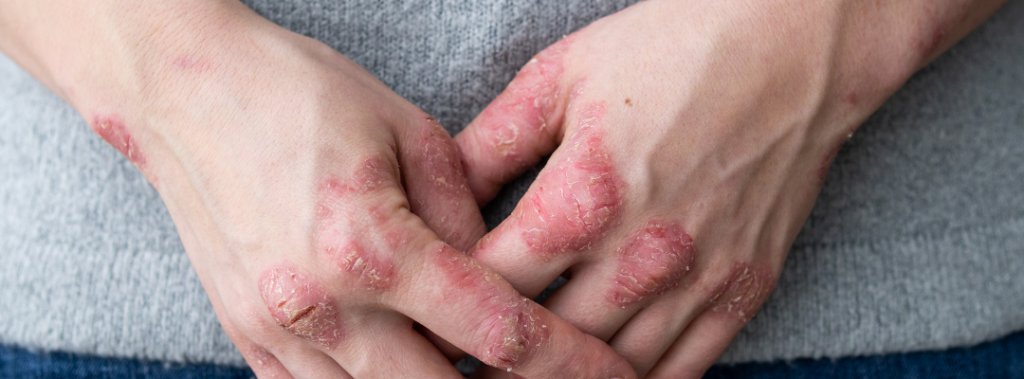Licorice is a herb that people have used for thousands of years to treat a variety of ailments. Although licorice does have medicinal effects, scientific research only supports some of its uses, and it may not be safe for everyone.
Due to its sweet flavor, licorice is also popular as a sweetener in candies, and manufacturers sometimes use it to mask the flavor of medications. Some licorice candy does not contain any part of the licorice plant but uses anise oil as a flavoring instead because it tastes and smells similar to licorice.
Licorice is available in many forms, including herbal teas, candies, capsules of dried herb, and liquid extract.
Benefits of licorice
There are more than 300 different compounds in licorice, some of which have antiviral and antimicrobial properties.
Some the potential benefits of licorice have had promising results, particularly in the following areas:

Skin inflammation and infection
Eczema can cause itching, redness, scaling, and inflammation.
Glycyrrhiza glabra extract, or licorice root extract, may be effective against bacteria that can infect the skin.
Antimicrobial activity against Staphylococcus aureus, which can cause skin infections, such as impetigo, cellulitis, and folliculitis. In this study, the researchers used extracts from the leaves and roots of the plant.
Stomach discomfort and ulcers
An extract containing glabridin and glabrene, which are flavonoids present in licorice root, was effective in relieving stomach discomfort. The extract reduced nausea, stomach pain, and heartburn.
Infection with bacteria called Helicobacter pylori can cause peptic ulcers in some people. That a licorice extract may help kill H. Pylori bacteria. Of 120 people found that the addition of licorice extract to the standard treatment significantly improved H. Pylori eradication.
Hepatitis C
Glycyrrhizin may help treat hepatitis C, a virus that infects the liver. Without treatment, hepatitis C can cause inflammation and long-term liver damage. Glycyrrhizin demonstrates antimicrobial activity against hepatitis C in cell samples and may hold promise as a future treatment for this virus.
Doctors use an injectable form of glycyrrhizin to treat people who have chronic hepatitis C that does not respond to other treatments. The results of laboratory suggest that it may be helpful for this.
Tooth decay
The licorice may help kill bacteria in the mouth that cause tooth decay.
However, although licorice has demonstrated antibacterial activity in the laboratory setting, human studies have not yet proven that it has any cavity-fighting power. Its ability to inhibit the growth of oral bacteria means that it does have potential as a future cavity treatment though.
Sore throat
Many people think of licorice as a sore throat remedy. People who were having a breathing tube inserted into their windpipe before surgery. Following its removal, the breathing tube can cause a postoperative sore throat, known as POST.


